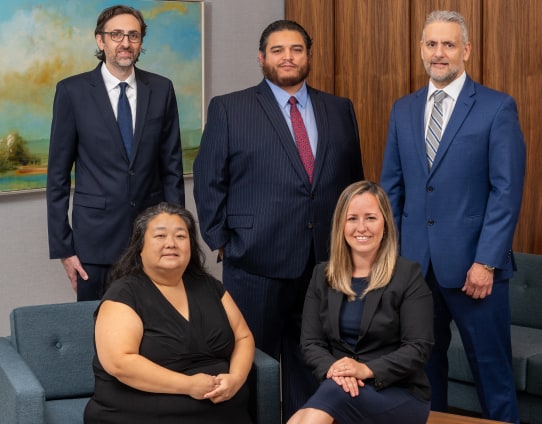There’s No Such Thing As Too Many Questions
Bob Katz Law wants Maryland, Virginia and DC accident victims to have all the facts so they can make the right decision when hiring an attorney. Accordingly, this section of our website is meant to provide basic insight into the issues we deal with for our clients on a day to day basis. It is NOT meant to be a substitute for real legal advice or opinion applicable to your particular situation. Please note therefore that the following materials are NOT Legal Advice or Legal Opinion.
All materials provided herein are prepared for a general audience for general informational purposes only. Their sole purpose is to better educate accident victims about a variety of general legal issues so these victims they can become more educated consumers of legal services. Information provided on the Sites should never be a substitute for consulting with a lawyer. Please contact us directly for advice on your specific situation.
Consultation Now


